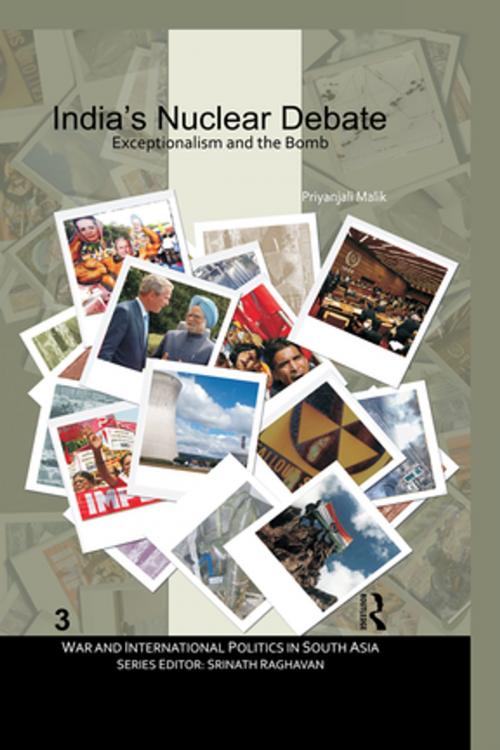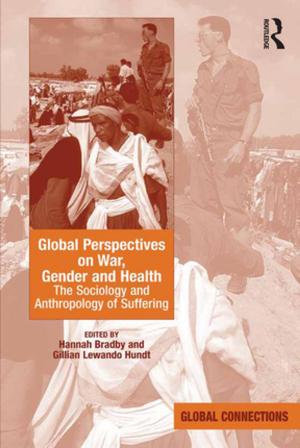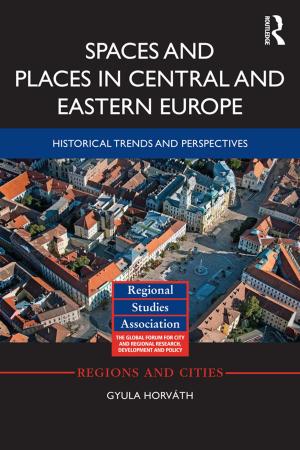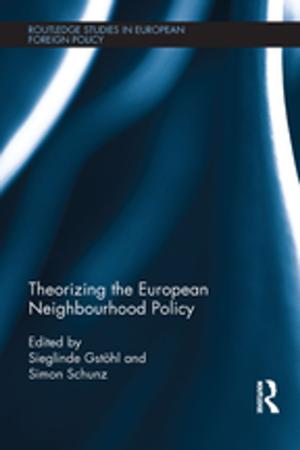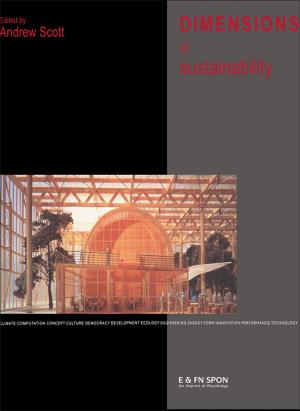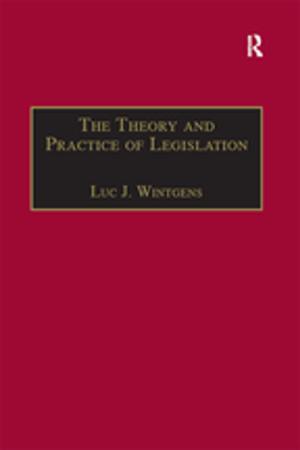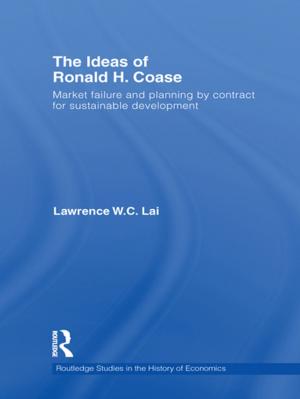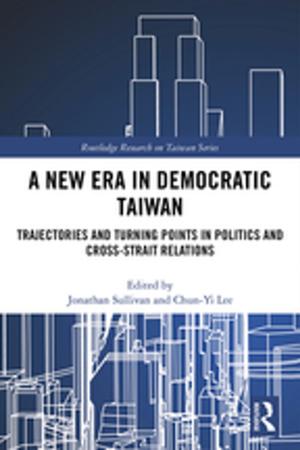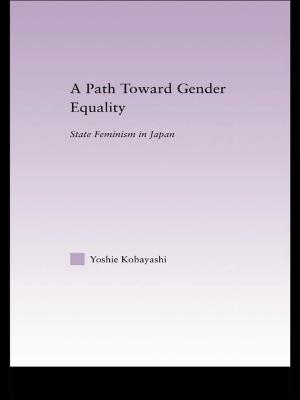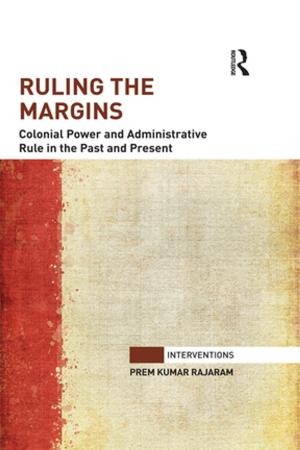India's Nuclear Debate
Exceptionalism and the Bomb
Nonfiction, Social & Cultural Studies, Political Science, Politics, Arms Control, International, International Relations| Author: | Priyanjali Malik | ISBN: | 9781317809838 |
| Publisher: | Taylor and Francis | Publication: | March 21, 2014 |
| Imprint: | Routledge India | Language: | English |
| Author: | Priyanjali Malik |
| ISBN: | 9781317809838 |
| Publisher: | Taylor and Francis |
| Publication: | March 21, 2014 |
| Imprint: | Routledge India |
| Language: | English |
Making the right-wing Bharatiya Janata Party’s nuclear tests in 1998 its starting point, this book examines how opinion amongst India’s ‘attentive’ public shifted from supporting nuclear abstinence to accepting — and even feeling a need for — a more assertive policy, by examining the complexities of the debate in India on nuclear policy in the 1990s.
The study seeks to account for the shift in opinion by looking at the parallel processes of how nuclear policy became an important part of the public discourse in India, and what it came to symbolise for the country’s intelligentsia during this decade. It argues that the pressure on New Delhi in the early 1990s to fall in line with the non-proliferation regime, magnified by India’s declining global influence at the time, caused the issue to cease being one of defence, making it a focus of nationalist pride instead. The country’s nuclear programme thus emerged as a test of its ability to withstand external compulsions, guaranteeing not so much the sanctity of its borders as a certain political idea of it — that of a modern, scientific and, most importantly, ‘sovereign’ state able to defend its policies and set its goals.
Making the right-wing Bharatiya Janata Party’s nuclear tests in 1998 its starting point, this book examines how opinion amongst India’s ‘attentive’ public shifted from supporting nuclear abstinence to accepting — and even feeling a need for — a more assertive policy, by examining the complexities of the debate in India on nuclear policy in the 1990s.
The study seeks to account for the shift in opinion by looking at the parallel processes of how nuclear policy became an important part of the public discourse in India, and what it came to symbolise for the country’s intelligentsia during this decade. It argues that the pressure on New Delhi in the early 1990s to fall in line with the non-proliferation regime, magnified by India’s declining global influence at the time, caused the issue to cease being one of defence, making it a focus of nationalist pride instead. The country’s nuclear programme thus emerged as a test of its ability to withstand external compulsions, guaranteeing not so much the sanctity of its borders as a certain political idea of it — that of a modern, scientific and, most importantly, ‘sovereign’ state able to defend its policies and set its goals.
